

Self threading screws are fasteners that create their own threads as they are driven into a material. This eliminates the need for pre-tapped holes, saving time and effort in various applications. They are available in different types and materials, making them versatile for use in wood, metal, and plastic.What are Self Threading Screws?Self threading screws, sometimes confused with self-tapping screws, are designed to tap their own threads into a material as they are screwed in. This is different from machine screws, which require pre-tapped holes. The design of self threading screws features a cutting edge or flutes that remove material as the screw advances, forming a secure and tight fit. This makes them ideal for applications where creating pre-tapped holes is impractical or impossible.Types of Self Threading ScrewsDifferent types of self threading screws are designed for specific materials and applications. Here are some common types:Wood ScrewsThese screws feature a coarse thread and a sharp point, making them ideal for use in wood. They have a tapered shank that helps to draw the wood together as the screw is tightened.Sheet Metal ScrewsDesigned for use in thin metal, these screws have sharp threads that can cut through the metal without deforming it. They are available in various head styles, including pan head, flat head, and oval head.Plastic ScrewsPlastic screws feature a blunt point and coarse threads, designed to create a secure hold in plastic materials without cracking or splitting them. These are especially useful for Hebei Muyi Import&Export Trading Co.,Ltd clients in the plastics manufacturing sector who require reliable fastening solutions. You can learn more about us and our product offerings at Muyi-Trading.com.Thread Forming ScrewsThese screws displace material instead of cutting it, creating a strong, vibration-resistant connection. They are often used in metals and plastics where a tight fit is required.Thread Cutting ScrewsThread cutting screws have flutes or cutting edges that remove material as the screw is turned, creating a clean, precise thread. They are suitable for harder materials where thread forming screws may not be effective.Benefits of Using Self Threading ScrewsSelf threading screws offer several advantages over traditional screws and fasteners: Reduced Labor: Eliminates the need for pre-drilling and tapping holes, saving time and labor costs. Stronger Connections: Creates a tight and secure fit, resistant to vibration and loosening. Versatility: Suitable for a wide range of materials, including wood, metal, and plastic. Cost-Effective: Reduces the number of steps in the assembly process, lowering overall costs. Ease of Use: Simple to install with standard screwdrivers or power tools.Applications of Self Threading ScrewsSelf threading screws are used in a variety of industries and applications: Construction: Securing drywall, wood framing, and metal roofing. Automotive: Fastening interior panels, trim, and components. Electronics: Assembling electronic devices and equipment. Manufacturing: Joining metal and plastic parts in appliances and machinery. DIY Projects: Home repairs, woodworking, and hobby crafts.How to Choose the Right Self Threading ScrewSelecting the appropriate self threading screw depends on several factors: Material: Choose a screw designed for the specific material you are working with (wood, metal, plastic). Size: Select the correct length and diameter for the application, considering the thickness of the materials being joined. Head Style: Consider the desired appearance and functionality of the screw head (pan head, flat head, oval head). Drive Type: Choose a drive type (Phillips, slotted, square) that is compatible with your tools and provides adequate torque. Corrosion Resistance: If the application involves exposure to moisture or chemicals, select a screw made from a corrosion-resistant material, such as stainless steel.Installation Tips for Self Threading ScrewsProper installation is crucial for achieving a secure and reliable connection: Choose the Right Screw: Ensure the screw is appropriate for the material and application. Apply Pressure: Apply firm, consistent pressure while driving the screw to allow the threads to engage properly. Use the Correct Tool: Use a screwdriver or power tool with the correct drive type and size. Avoid Over-Tightening: Over-tightening can strip the threads or damage the material. Stop tightening when the screw is snug. Pilot Hole (Optional): For harder materials or when using larger screws, consider drilling a pilot hole to ease installation and prevent splitting.Materials and FinishesSelf threading screws are available in various materials and finishes to suit different applications: Steel: Common and versatile, often coated with zinc or phosphate for corrosion resistance. Stainless Steel: Highly resistant to corrosion, ideal for outdoor or marine environments. Brass: Offers good corrosion resistance and a decorative appearance. Aluminum: Lightweight and corrosion-resistant, suitable for applications where weight is a concern.Common finishes include: Zinc Plating: Provides moderate corrosion resistance and a bright finish. Phosphate Coating: Offers good corrosion resistance and a matte finish, often used as a base for paint. Black Oxide: Provides minimal corrosion resistance and a black finish.Troubleshooting Common IssuesHere are some common issues encountered when using self threading screws and how to address them: Stripped Threads: Caused by over-tightening or using the wrong size screw. Use a larger screw or repair the hole with a thread repair kit. Screw Breaking: Often due to using a screw that is too small or applying excessive force. Use a larger screw or drill a pilot hole. Screw Not Holding: May be caused by using the wrong type of screw for the material or not applying enough pressure during installation. Choose the correct screw and apply firm, consistent pressure.Where to Buy Self Threading ScrewsSelf threading screws are available from various sources, including: Hardware Stores: Local hardware stores typically carry a wide selection of self threading screws. Online Retailers: Online retailers offer a vast selection of screws and fasteners, often at competitive prices. Industrial Suppliers: Industrial suppliers specialize in fasteners and hardware for commercial and industrial applications. Directly from Manufacturers: Consider purchasing directly from manufacturers like Hebei Muyi Import&Export Trading Co.,Ltd for bulk orders or specialized requirements.Self Threading Screws vs. Self-Tapping ScrewsWhile often used interchangeably, self threading screws and self-tapping screws have distinct differences: Feature Self Threading Screws Self-Tapping Screws Purpose Create threads in softer materials (plastic, thin metal) Tap threads into a pre-drilled hole Pre-Drilling Required No Yes Thread Type Forms its own threads Cuts or forms threads in a pre-existing hole Typical Materials Plastic, thin gauge metal Metal, wood Understanding these differences is important for selecting the right fastener for your specific application. For those in need of high-quality fasteners, contact Hebei Muyi Import&Export Trading Co.,Ltd through our website for a wide range of options.

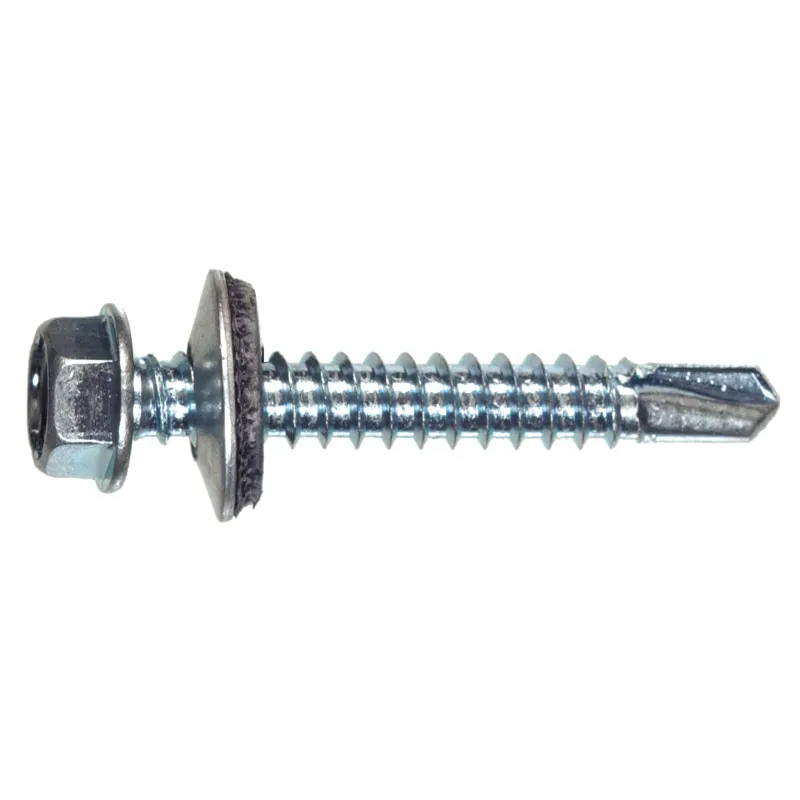
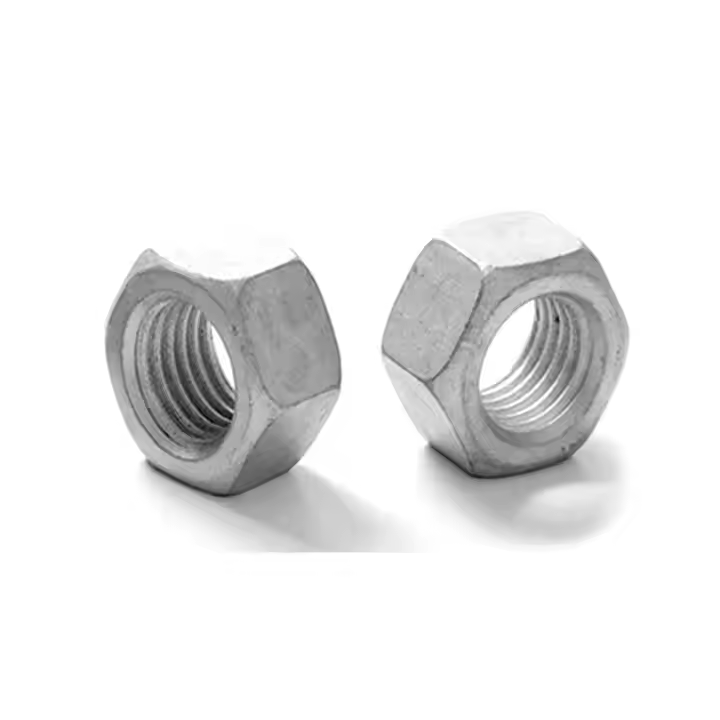

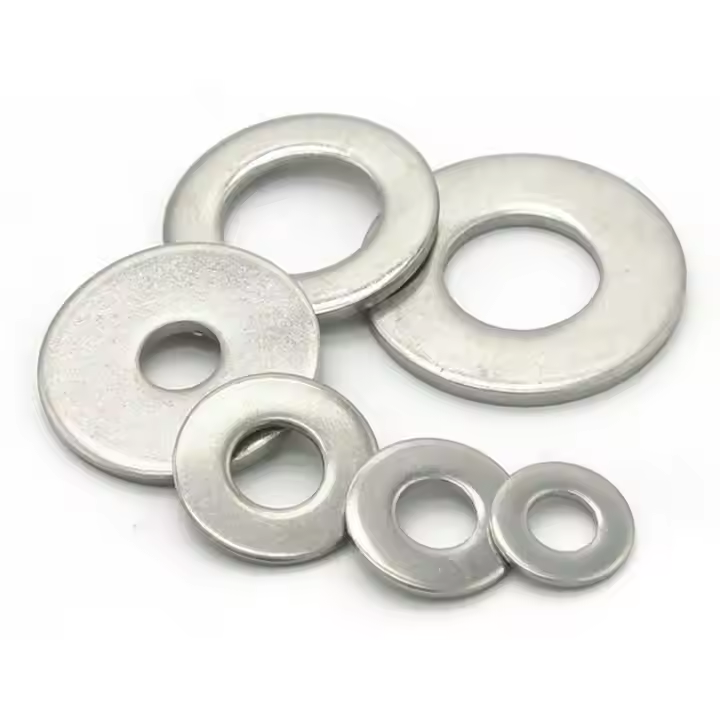

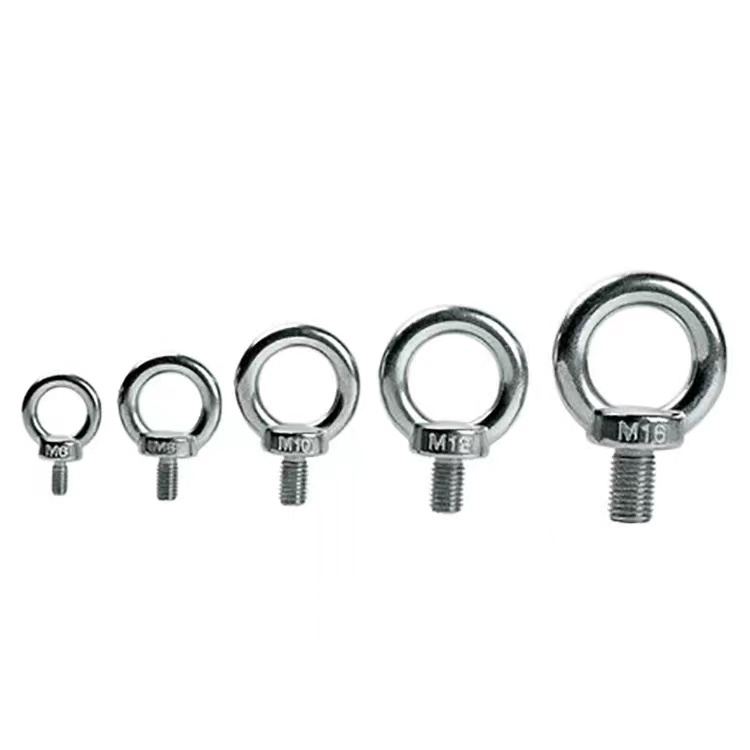
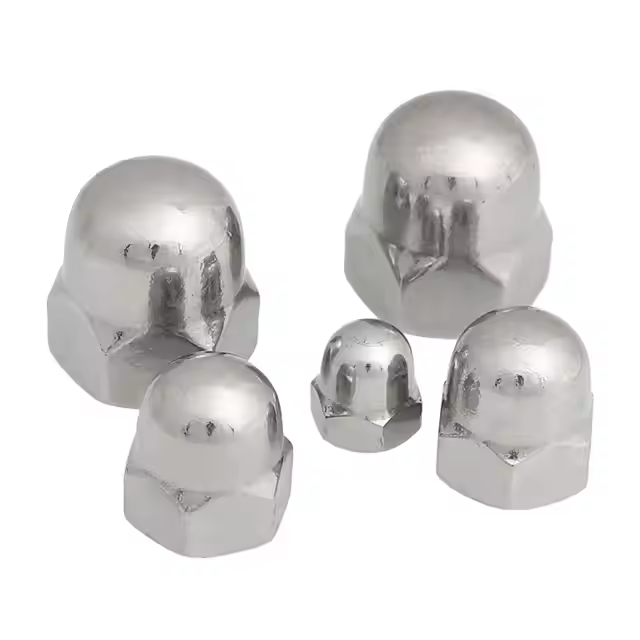

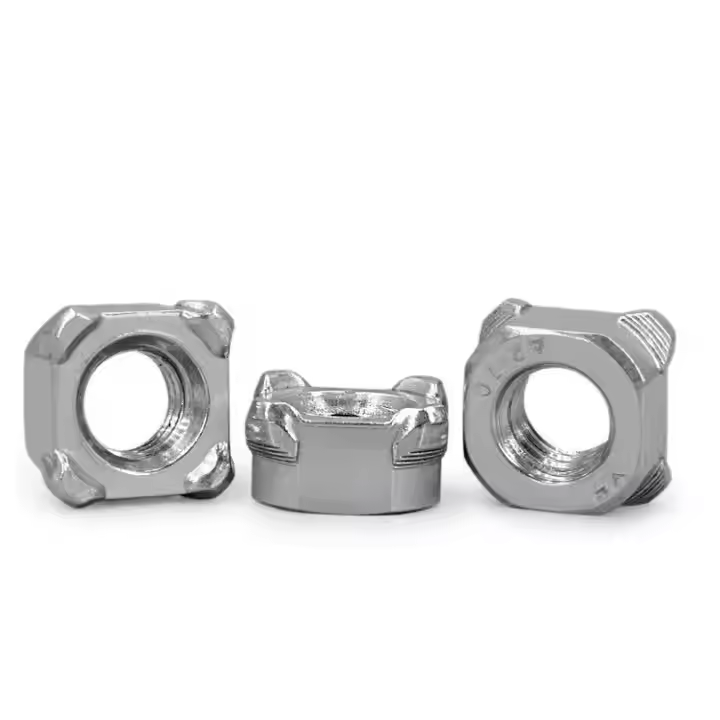



Please enter your email address and we will reply to your email.